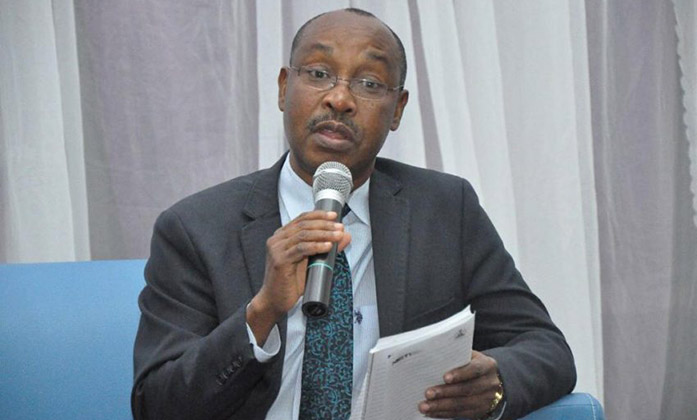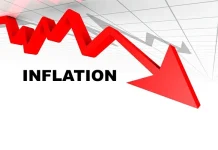🌿 Ruzu Non-Alcoholic Herbal Bitters
Ruzu Non-Alcoholic Herbal Bitters is a natural health supplement specially formulated to:
- ✅ Promote general wellness
- ✅ Detoxify the body
- ✅ Support the treatment of various ailments
Made from a powerful blend of 100% organic and medicinal herbs, Ruzu is completely alcohol-free, making it ideal for:
- 👪 All age groups
- 🌱 Health-conscious individuals
- 🌿 Anyone seeking non-alcoholic herbal remedies
Whether you're looking to boost your vitality, cleanse your system, or support healing the natural way, Ruzu Bitters offers a trusted herbal solution.
Yesterday, it was discovered that the Federal Government realized $305 billion in cash inflows from the oil and gas industry between 2014 and 2024.
In an appearance before the Senate Public Accounts Committee (SPAC) in Abuja, Dr. Orji Ogbonnaya Orji, the national coordinator and executive secretary of the Nigeria Extractive Industries Transparency Initiatives (NEITI), revealed this.
Nigeria earned $54.5 in 2014, $24.79 in 2015, $17.05 in 2016, $20.9 in 2017, $32.62 in 2018, $34.21 in 2019, $20.43 in 2020, $23.04 in 2021, $35.7 in 2022, and $30.86 in 2023, according to Orji’s presentation.
Orji added that the oil and gas industry generated $831.14 for the nation between 1999 and 2023.
800-49 barrels of crude oil were produced in 2013, 798.60 barrels in 2014, 659.30 barrels in 2016, 690.50 barrels in 2017, 701.10 barrels in 2018, 735.20 barrels in 2019, 646.70 barrels in 2020, 656.20 barrels in 2021, 490.95 barrels in 2022, and 537.00 barrels in 2023, he said.
In order to maximize its natural resources, Nigeria, the ninth-largest gas producer in the world and the top producer in Africa, needs to invest $200 billion in gas infrastructure, Orji told the lawmakers, adding that the country’s gas production between 2019 and 2023 was 13,817,622 Standard Cubic Feet (scf).
Sen. Aliyu Ahmed Wadada, the chair of the SPAC, criticized the situation, calling it intolerable, because the solid minerals sector contributes less than 1% of the country’s GDP annually.
Orji said the $200 billion is needed to build the necessary infrastructure to boost the nation’s gas resource production.
He stated: “Nigeria must invest at least $20 billion annually in gas infrastructure for a decade, based on NEITI’s findings.”
With the necessary infrastructure, Qatar Energy exclusively processes gas.
Nigeria must therefore invest in gas infrastructure in order to evacuate gas, and according to our study, this will require an initial expenditure of $20 billion per year for ten years in order to build the kind of gas infrastructure needed to supply gas to all of Africa and beyond.
“Obviously, this will necessitate the construction of gas pipelines throughout the West African subregion and beyond, which is an extremely expensive undertaking.”
Orji responded that the Economic and Financial Crimes Commission (EFCC) has started looking into the issue of the alleged $8.5 billion in unremitted revenue into the Consolidated Revenue Fund (CR) in 2023 by the Nigerian National Petroleum Company Limited (NNPCL), Federal Inland Revenue Service (FIRS), and Nigerian Upstream Petroleum Regulatory Commission.
Nevertheless, he continued, the nation is not receiving the cash it needs from the solid minerals sector because its annual profits account for less than 1% of GDP.
Read Also: BREAKING: President Tinubu Officially Signs North-Central Development Bill
The chairman and committee members, who were apparently upset by the disclosure, said that NEITI’s report on solid minerals did not accurately represent the state of the solid mineral industry.
They questioned why the study just mentioned states like Ogun, Osun, Kogi, Edo, Ebonyi, Rivers, Cross Rivers, and FCT, excluding states like Nasarawa, Zamfara, Kebbi, Plateau, and Bauchi.
The annual contribution of solid minerals to the nation’s GDP of less than 1% was deemed absurd and unacceptable by Senator Wadada.
“The sector needs to be completely overhauled; this absolutely cannot continue,” he stated.
















